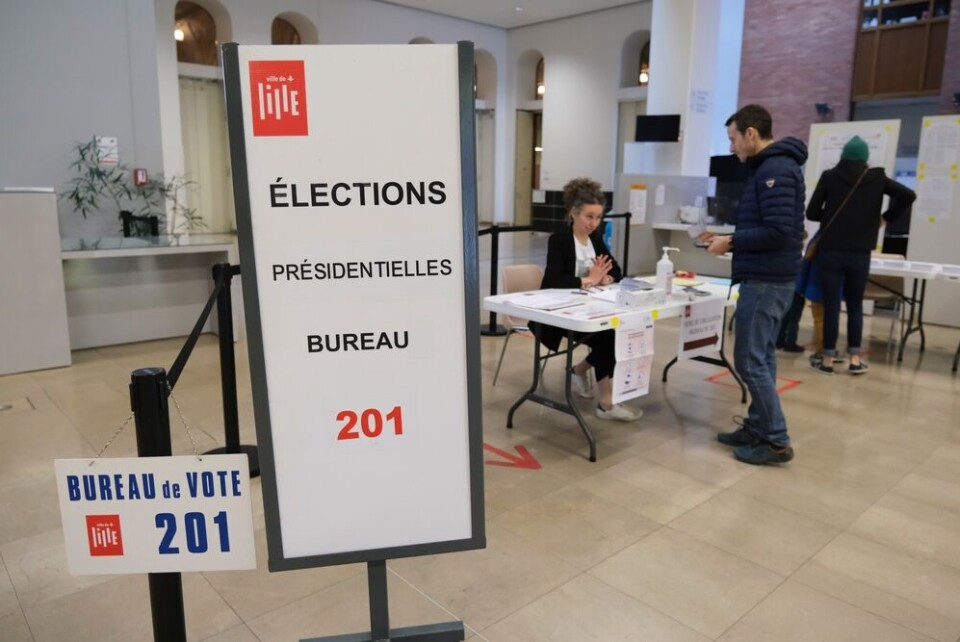-
How many Americans live in Paris - and where else are they choosing in France?
Over a quarter of all US nationals in France live in the capital city
-
Price rises for Netflix in France
The Standard (with ads) and Premium packages are increasing by €24 a year
-
Leclerc supermarkets to sell car fuel at cost price for Easter
The initiative will apply to diesel, petrol, and LPG
Why the 20:00 French election ‘result’ is very often right
The practices of French polling bodies do not rely on interviewing voters coming out of the polling stations so are said to be more accurate

Contrary to the practice in many countries, including the UK, the French do not publish ‘exit polls’ after key elections such as today’s presidentials, but rather polls based on the counts.
The practice is considered to add to the accuracy of the French estimations that arrive from 20:00 after the end of polling, which are generally close to the final results.
But how is it possible for them to be produced so quickly?
As with exit polls, the French estimations are carried out by professional polling organisations, with the best known being Ipsos.
The process works because, while polling does not close everywhere (especially in some of the larger cities) until 20:00, in many areas it closes at 19:00, this is especially the case in smaller towns and suburban and rural areas.
The survey bodies therefore select a few hundred strategically-chosen polling stations around the country that have the earlier closing time and send an investigator to each.
According to Ipsos, today it is sending out 500 investigators to polling stations representative of the country’s diversity, 400 of which are in areas which close at 19:00. They take care to choose a variety of locations, including both urban and rural areas.
The investigators do not wait for the end of the count, which can take several hours, but rather start passing back results as soon as the first 200 are counted. Another polling body, Harris Interactive, has referred to 250 investigators planning to send back the results from the first 100.
The results received are processed using computer algorithms to arrive at the estimates.
The resulting estimates are usually good, though not perfect.
During the first round of this year’s election, the last count of several polling bodies estimated hard-left candidate Jean-Luc Mélenchon to have won around 20% of the vote, whereas the final count was almost 22%.
Ipsos has stated the result may have been skewed by the fact that Mr Mélenchon has gained new supporters in large cities – not counted – since the last elections, which its computer analysis had not accounted for. However, the firm has said it does not anticipate such a phenomenon affecting the vote tonight.
The actual winner of the presidentials has been correctly identified by the 20:00 polls in all elections in recent decades.
Some foreign media, for example in Belgium which are not restricted by French rules which ban reporting on estimates before the polls close (at 20:00), publish results based on exit poll interviews earlier in the day.
Related stories
France’s presidential election: What happens after Sunday’s vote?
Le Pen polling is closer than previous far-right matches in France
French election: What is a ‘vote blanc’ and does it achieve anything?
























